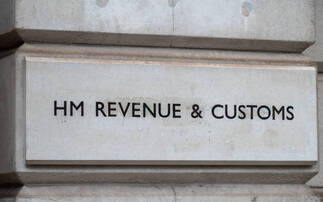The Financial Conduct Authority (FCA) has confirmed advisers' regulatory fees for the next year will be £68m - a near-19% reduction on last year, in its latest policy statement.
The FCA dismissed claims from trade bodies the 15% of total annual funding allocated to the adviser fee block, A13, is too big a share and calls to split A13 to reflect 'retail' and 'wholesale' sales.
It also fought back calls for a reimbursement of the fees it was deemed to have 'overcharged' advisers, saying the cut to fees "does not mean that some firms have been historically ‘overcharged' any more than others have been ‘undercharged'".
In February, Treasury committee chairman Andrew Tyrie accused the regulator of overcharging the advice community and asked for a refund of fees at a grilling of FCA chief executive Martin Wheatley and chairman John Griffith-Jones.
Adviser fees were reduced as a result of a policy change announced by the regulator last year, which sought to correct an 'anomaly' in the fees system that meant advisers with permissions to hold client money were sometimes paying less.
> Read: Adviser FCA fees down 19% after fee block realignment <
The FCA said: "Overall, we believe that the current 16 sub-sets of the ‘A' fee-blocks represents the right level of recognition of the diversity of authorised firms, which account for 92% of our annual funding requirement (AFR) - a level across which we can allocate our AFR with reasonable accuracy and transparency.
 "We estimate the amount recovered from financial advisers to be £6m (8.5%) and the number of financial advisers to be 55% of the total firms that pay fees in A13.
"We estimate the amount recovered from financial advisers to be £6m (8.5%) and the number of financial advisers to be 55% of the total firms that pay fees in A13.
"Financial advisers will benefit from the policy change we made (...) as they will be in the wider A13 fee-block, now with much larger firms. As a result, they will pay less fees even though the AFR allocated to the fee-block is larger."
In its policy paper the FCA also said it is maintaining the minimum fees it charges small firms - typically £1,000 up to £100,000 of income - for the coming year but will consult on alternatives for its calculation in upcoming consultations.
Earlier in the year it emerged the regulator had scrapped its review of the way it allocates fees, citing a "lack of consensus" among stakeholders on viable alternatives.
The Association of Professional Financial Advisers (APFA), which has long been campaigning for a reduction in regulatory fees, said in its latest research the cost of regulation remains a massive barrier to development for firms.












